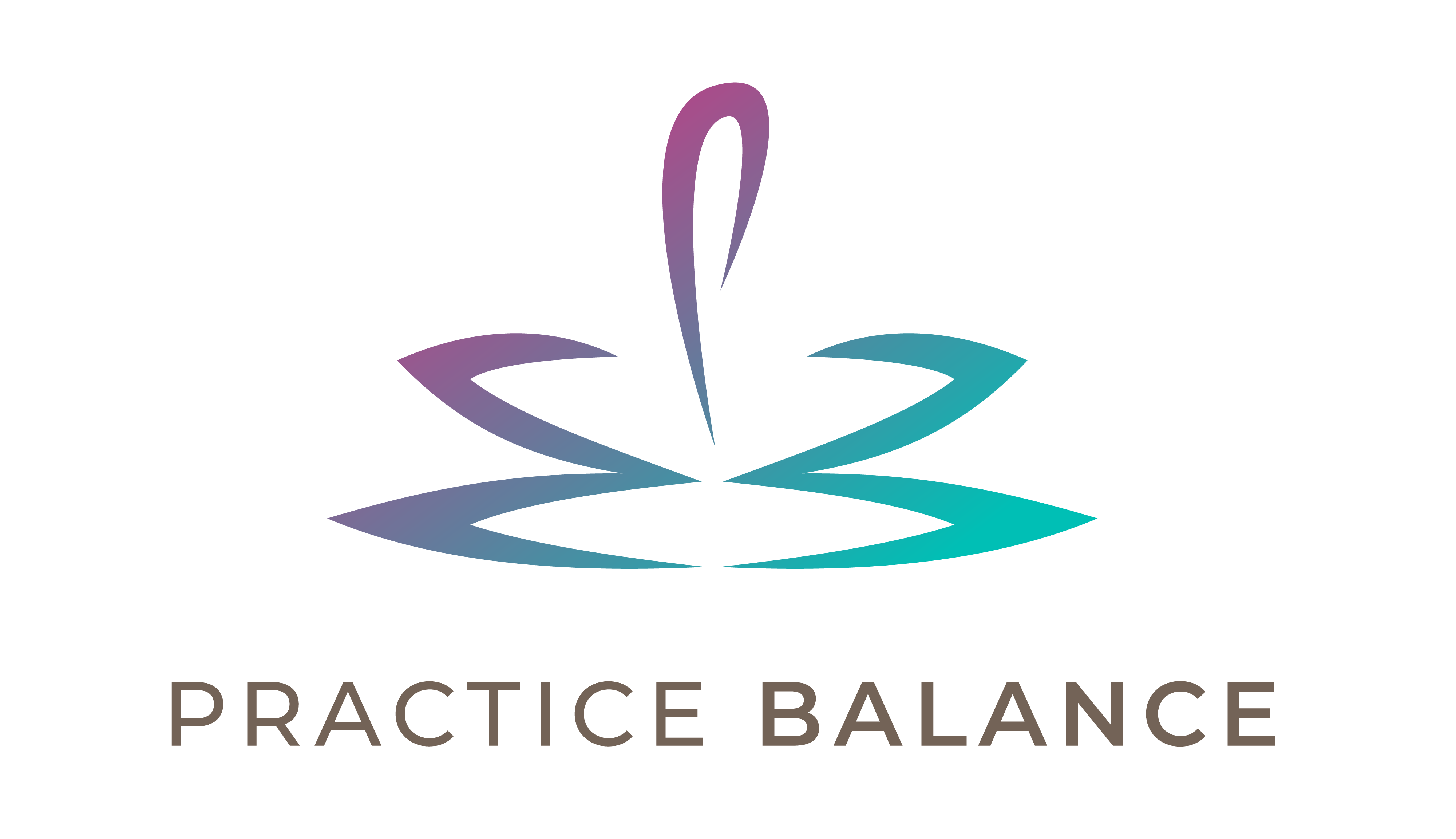
I recently heard a very good interview of a man named Stewart Friedman. My ears perked up when he said,
“You have to constantly figure out what is important to you.”
The concept of self-care through continuous reflection and assessment is something of central importance to this blog. The Wharton professor, founder of the school’s Work/Life Integration Project and author of the books Total Leadership and Baby Bust, challenges people to think of their priorities in four main categories: work, home, community, and self.
Since I started PracticeBalance, I have been trying to come up with perfectly concise, easy to grasp concepts that capture… well, the Practice of Balance. In the fashion of my friends/bloggers Whole9’s 9 Factors, I hoped to identify some basic concepts that summarize my message. At one point, I had scratched down a complicated flowsheet with eight different spindles, because eight (sideways infinity) is my favorite number. Then it went to six (but wait, I don’t like the number six!)… back to eight… no, eight is too many to remember. Well, Stew beat me to it! I am going to borrow his perfect terminology and ideal number of bullet points (four – not too few, not too many) from Total Leadership and apply them as my own Realms of Balance. I’d like to briefly expound on these realms in hopes of inspiring focus in your own practice of balance.
Work – Because most of us spend at least a third of the day a majority of the days per week working, this is a large chunk of our lives. Are you doing what you want to be doing with this time? If not, are you working toward getting there; i.e., is this a just a job for you, or is it a career? Do you care if there is a difference? Your feelings on this may sometimes morph from day to day, but we can all experience a flow state even during the most mundane of tasks, which could contribute to increased happiness. By the way, if you are not familiar with Csikzsentmihalyi’s concept of flow, here is a very good summary with thorough a definition and factors that contribute to achieiving flow.
Amongst other reasons, we work to provide a stable living. How are you finances? The other day my Dad (who is retired) pointed out to me that many successful professionals plan for success at work but don’t plan for success at retirement. Are you considering the temporal balance of work between enjoying the present and planning for the future?
Home – Home encompasses physical place but also more ethereal things like family. Are you surrounded by the things and people you love, or is the clutter out of control? Is your bedroom conducive to good sleep, and are your kitchen/dining areas conducive to healthy eating? How are your close relationships? Do you feel present while at home, or are all family members in different rooms fiddling with electronic devices? Gretchen Rubin’s latest book is called Happier at Home, where she spent nine months focusing her happiness experiments on things related to home and family. This article in Forbes sums up her biggest bits of advice.
Community – Depending on the kind of work you do, community can be an inherently substantial part of your life, or it can be something that you need to actively foster. As an anesthesiologist, I interact personally with a large community of professionals and work in service to several patients a day. My husband, however, can sometimes feel isolated from communities given that he operates a small business with the ultimate freedom of internet-based/remote work.
Friendships and interpersonal interaction outside of work are essential for balance, but these can be elusive in the era of text messaging and social media. Are the majority of your interactions virtual? Have you taken time to meet any friends face to face recently? What kinds of things do you do that provide a benefit to others? Any volunteer work or involvement with an organization? Are you a mentor to anyone?
Self – Last but not least… I wish I could have written these concepts in a circle (or an infinity!) because rather than functioning merely a list of words, the Realms of Balance start and end with the self. How is your health? What do you do for self-care? How can you be an effective leader, volunteer, spouse, caregiver, etc. otherwise? Are you engaged in any regular attempts at continuous improvement (more on this topic next time)? What are your goals and dreams?
The concepts in these Four Realms definitely overlap, but I think they do a good job of encompassing the different areas in our lives that we strive to balance. What do you think? I’d love to hear your thoughts!


 New Year: Different, Yet Same
New Year: Different, Yet Same

Great information. Thanks for providing us such a useful information. Keep up the good work and continue providing us more quality information from time to time. Home Based Business Burnout